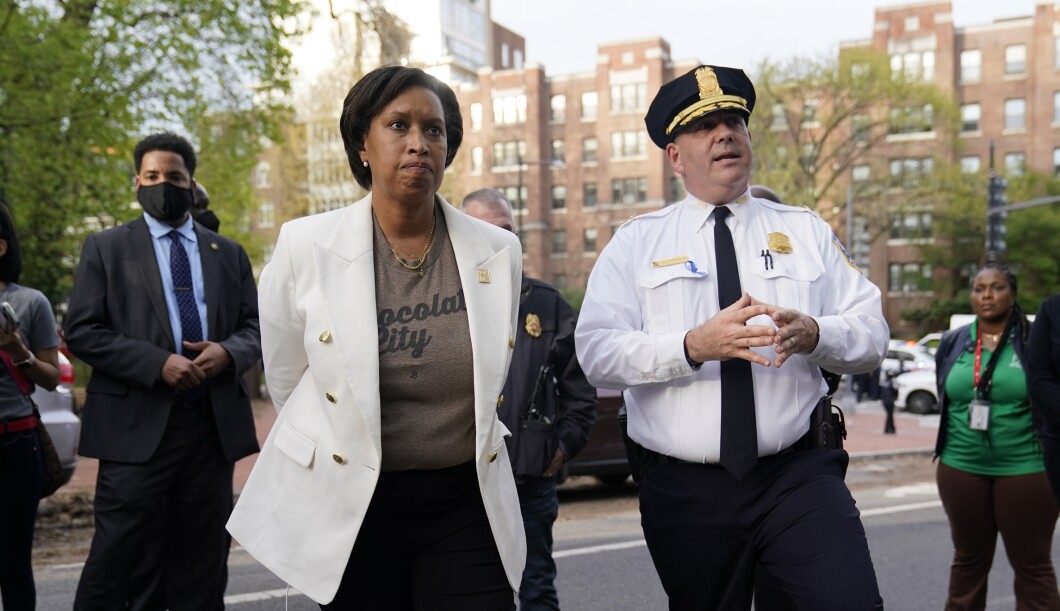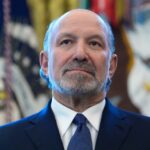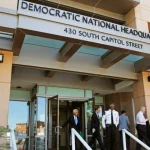
The D.C. Council is looking to lessen the penalties for carjacking and other violent crimes — it’s a move that will override Mayor Muriel Bowser’s (D) veto.
The 450-page Revised Criminal Code Act of 2022 would overhaul the city’s criminal code and bring forth changes like eliminating most mandatory minimum sentences, allowing for jury trials in nearly all misdemeanor cases, and, most notably, reducing the maximum penalties for offenses such as burglaries, carjackings, and robberies, the Washington Post reported.
The council will vote on whether to override Bowser’s veto Tuesday.
The progressive council has defended the bill as making the law fairer and less racist, while numerous law and law enforcement figures have said it has the potential to open the floodgates of crime. Bowser has condemned the bill, saying it sends the wrong message.
DC MAYOR VETOES CITY’S OVERHAUL OF CRIMINAL CODE FOR SENDING ‘WRONG MESSAGE’

“Reforms to DC’s 122 year-old criminal code—passed before women and Black residents enjoyed fundamental rights—are sorely needed,” Washington, D.C., Attorney General Brian Schwalb tweeted earlier this month. “This bill will improve public safety and provide long overdue clarity and fairness in our justice system. RCCA should be the law of the District.”
Reforms to DC’s 122 year-old criminal code—passed before women and Black residents enjoyed fundamental rights—are sorely needed.
This bill will improve public safety and provide long overdue clarity and fairness in our justice system. RCCA should be the law of the District.
— AG Brian Schwalb (@DCAttorneyGen) January 3, 2023
Councilwoman Brooke Pinto tweeted out a statement justifying her vote to override the veto. She said the move would make the city safer.
“The veto threatens to unravel years of work and thorough study that has culminated in a criminal code that is more just, equitable, & clear — making us all safer,” she wrote.
Today, @CMCharlesAllen and I are moving to override the Mayor’s veto of the Revised Criminal Code Act.
The veto threatens to unravel years of work and thorough study that has culminated in a criminal code that is more just, equitable, & clear — making us all safer. pic.twitter.com/jIRB94Dm18
— Councilmember Brooke Pinto (@CMBrookePinto) January 10, 2023
Among other things, critics claim the new law will cripple an already overburdened court system.
CLICK HERE TO READ MORE FROM THE WASHINGTON EXAMINER
“The main hurdle we face is that the District lacks control over: the size of the Court, the funding for the court, and how quickly judges get placed on the Court,” U.S. Attorney Matthew M. Graves told the Washington Post. “Tripling or quadrupling the number of jury trials our already strapped Court must schedule will only negatively impact our Court.”







